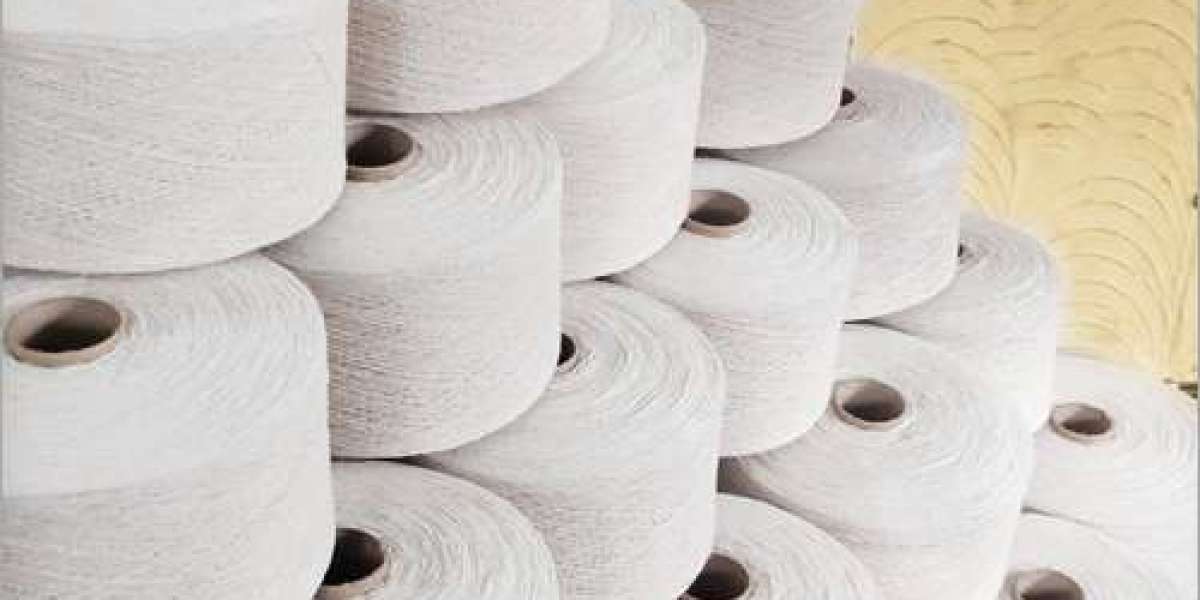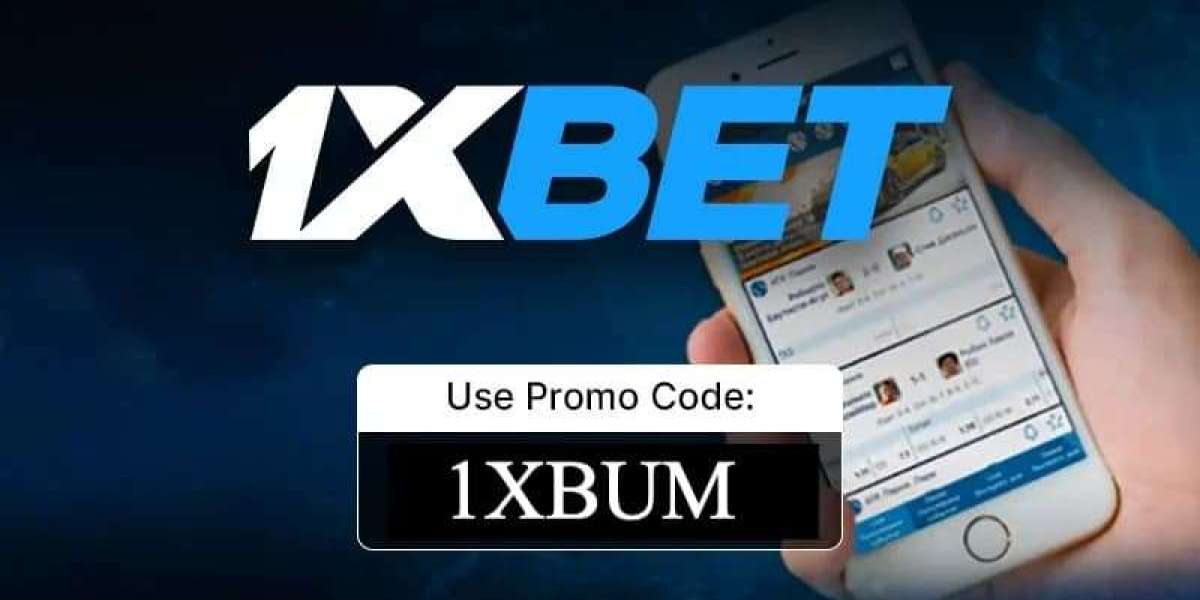As sustainability becomes a core focus in the textile industry, recycled yarn is gaining serious momentum among global brands, manufacturers, and consumers. But in a market crowded with eco-claims, how do you know if the recycled yarn you're sourcing is truly sustainable? The answer lies in certifications — trusted third-party verifications that ensure the yarn meets specific environmental and social standards.
Whether you're a buyer, recycled yarn supplier, or fashion brand, understanding these certifications is essential for ethical sourcing and brand trust. This blog will help you identify the most credible certifications to look for when purchasing recycled yarn.
Why Certifications Matter in Recycled Yarn
The concept of recycling may seem straightforward — take waste, convert it into usable fiber, and spin it into yarn. However, not all recycled yarn is created equal. Some manufacturers may use misleading labels or blend a small percentage of recycled fibers with virgin materials without proper disclosure.
That’s where certifications come in. They offer:
Transparency: Clear labeling and verified claims
Credibility: Third-party audits to verify processes
Traceability: Information on the origin of recycled materials
Compliance: Alignment with global sustainability standards
As more businesses adopt recycled yarn, certifications ensure that materials are truly eco-friendly and socially responsible.
Top Certifications to Look for in Recycled Yarn
Let’s explore the key certifications you should look for when sourcing recycled yarn from recycled yarn manufacturers or suppliers:
1. Global Recycled Standard (GRS)
What It Is:
The Global Recycled Standard (GRS) is one of the most widely recognized certifications for products containing recycled materials. Developed by Textile Exchange, it ensures a high level of transparency, traceability, and sustainability throughout the supply chain.
What It Covers:
Verification of recycled content (both pre-consumer and post-consumer)
Environmental practices (e.g., water usage, chemical handling)
Social responsibility (no child labor, safe working conditions)
Chain of custody from source to final product
Why It Matters:
If your yarn carries the GRS certification, it has passed rigorous tests to confirm it is made from genuine recycled content in a responsible way.
Ideal For:
Brands and buyers that want full lifecycle accountability.
2. Recycled Claim Standard (RCS)
What It Is:
Also developed by Textile Exchange, the Recycled Claim Standard (RCS) is used to verify the presence and amount of recycled material in a final product.
What It Covers:
Tracking of recycled raw materials from source to final product
Two levels: RCS 100 (100% recycled content), RCS Blended (minimum 5%)
Why It Matters:
This is a simpler, more cost-effective certification than GRS for suppliers or brands that only need recycled content verification without auditing for chemical or social practices.
Ideal For:
Suppliers or smaller businesses focusing solely on material origin.
3. OEKO-TEX® STANDARD 100
What It Is:
While not specific to recycled content, OEKO-TEX® STANDARD 100 ensures that the yarn or textile product is free from harmful substances.
What It Covers:
Testing for over 100 harmful chemicals, including formaldehyde, azo dyes, pesticides
Audits based on scientific health-based limits
Applicable at all stages of production
Why It Matters:
Even if the yarn is recycled, it must also be safe for human use. OEKO-TEX® adds another layer of consumer trust.
Ideal For:
Manufacturers targeting babywear, innerwear, or products with skin contact.
4. ISO 14001 – Environmental Management
What It Is:
An international standard that certifies that an organization manages its environmental responsibilities in a systematic manner.
What It Covers:
Waste management
Resource efficiency
Pollution prevention and control
Why It Matters:
ISO 14001 doesn’t specifically validate recycled content, but it confirms that a recycled yarn manufacturer operates under a robust environmental policy.
Ideal For:
Buyers seeking responsible sourcing from certified eco-friendly yarn producers.
5. SA8000 – Social Accountability
What It Is:
SA8000 is a globally recognized certification for social responsibility in the workplace.
What It Covers:
No forced or child labor
Fair wages
Safe working conditions
Ethical labor practices
Why It Matters:
Sustainability isn’t just about the environment. It's also about people. SA8000 ensures that the recycled yarn supplier treats workers fairly.
Ideal For:
Ethical brands emphasizing human rights in their supply chain.
Red Flags: What to Avoid When Buying Recycled Yarn
Not all “green” claims are trustworthy. Here are some warning signs:
No certification at all: A yarn labeled “eco-friendly” or “recycled” without any third-party verification should be treated with caution.
Unclear blend ratios: Look for exact content ratios (e.g., 60% recycled cotton, 40% polyester).
Lack of documentation: Reputable recycled yarn suppliers should offer test reports and certifications upon request.
Questions to Ask Your Recycled Yarn Supplier
When choosing recycled yarn manufacturers, ask the following:
Can you provide GRS or RCS certificates?
What is the recycled content percentage?
Are your facilities ISO 14001 or OEKO-TEX® certified?
Do you follow ethical labor practices (SA8000 or equivalent)?
Is the yarn traceable back to its recycled origin?
A good supplier will not only have these documents but will willingly share them.
Conclusion: Buy Smart, Buy Certified
As the demand for recycled yarn continues to grow, certifications are becoming non-negotiable for brands aiming to stay authentic and compliant. Whether you're a fashion label, home furnishing brand, or bulk buyer, verifying your yarn's sustainability through reliable certifications ensures:
Transparent sourcing
Ethical manufacturing
High consumer trust
Alignment with global sustainability standards
Don't just settle for claims. Demand proof through certification — and work with responsible recycled yarn manufacturers and suppliers who are committed to quality, sustainability, and ethics.







